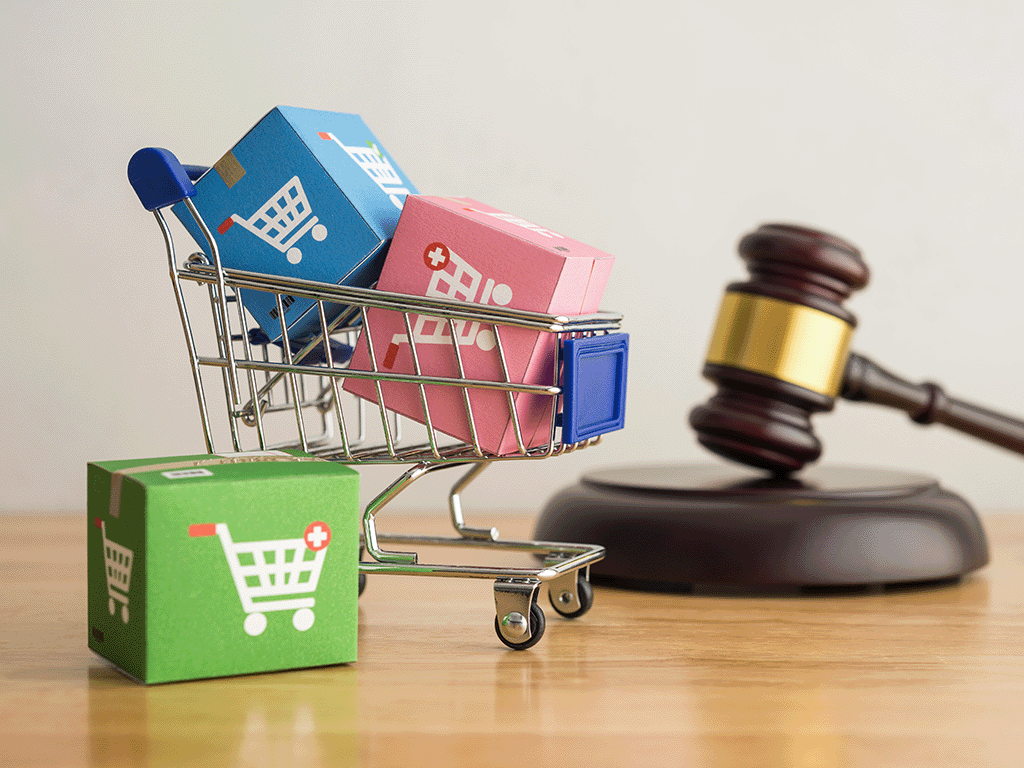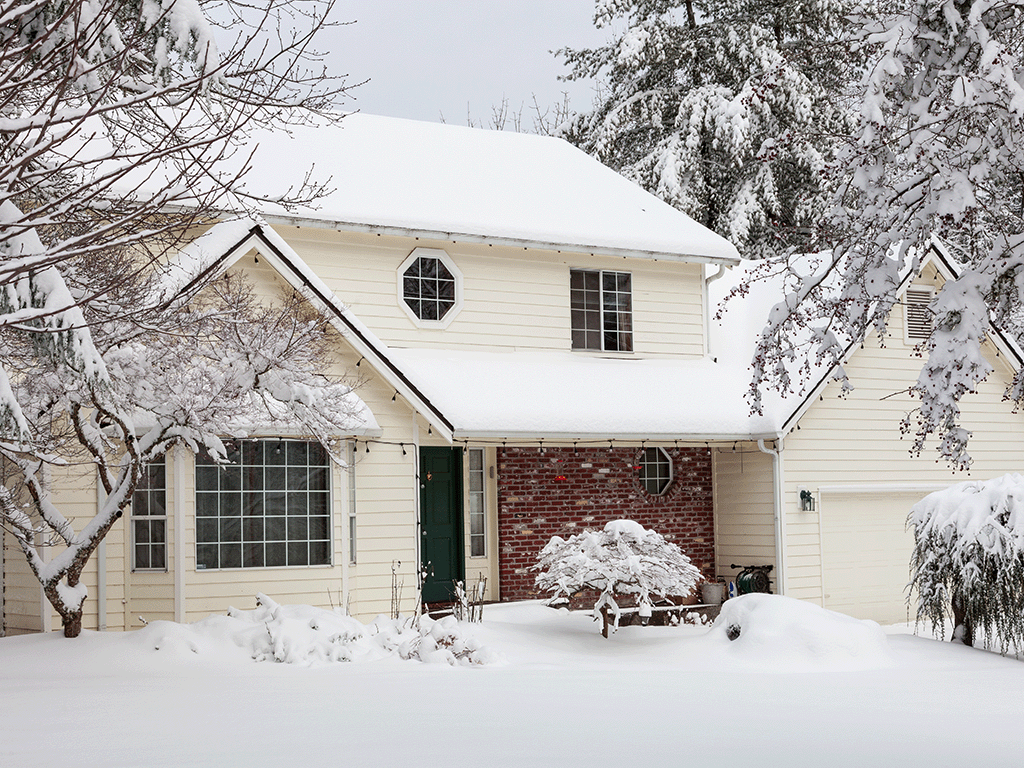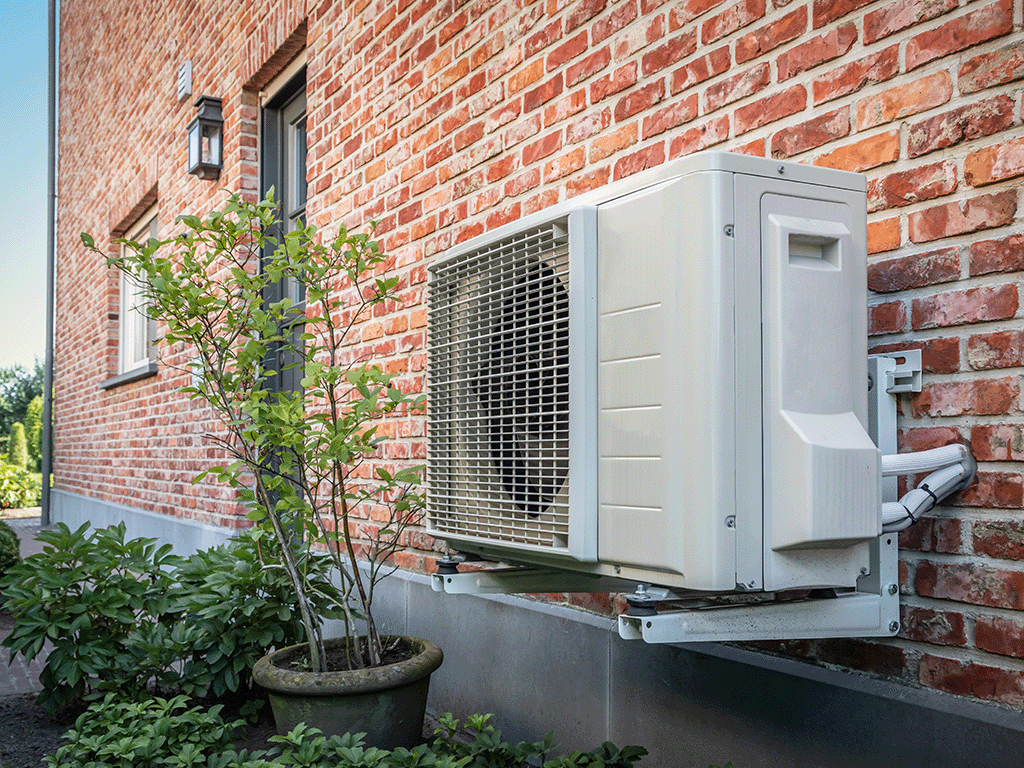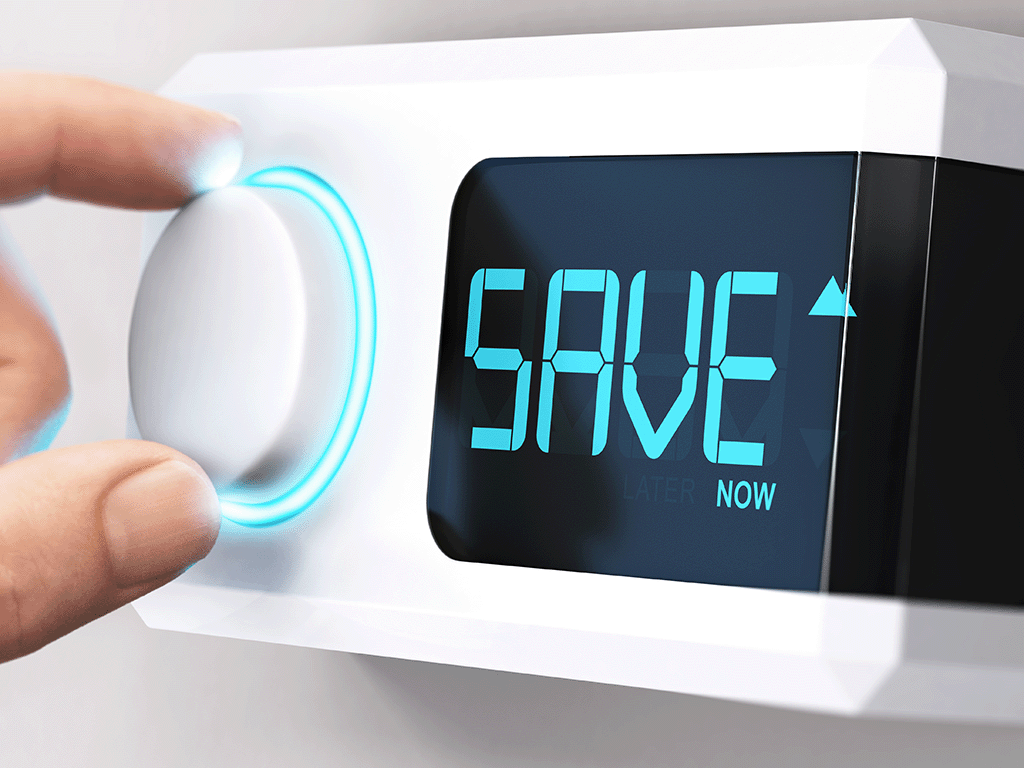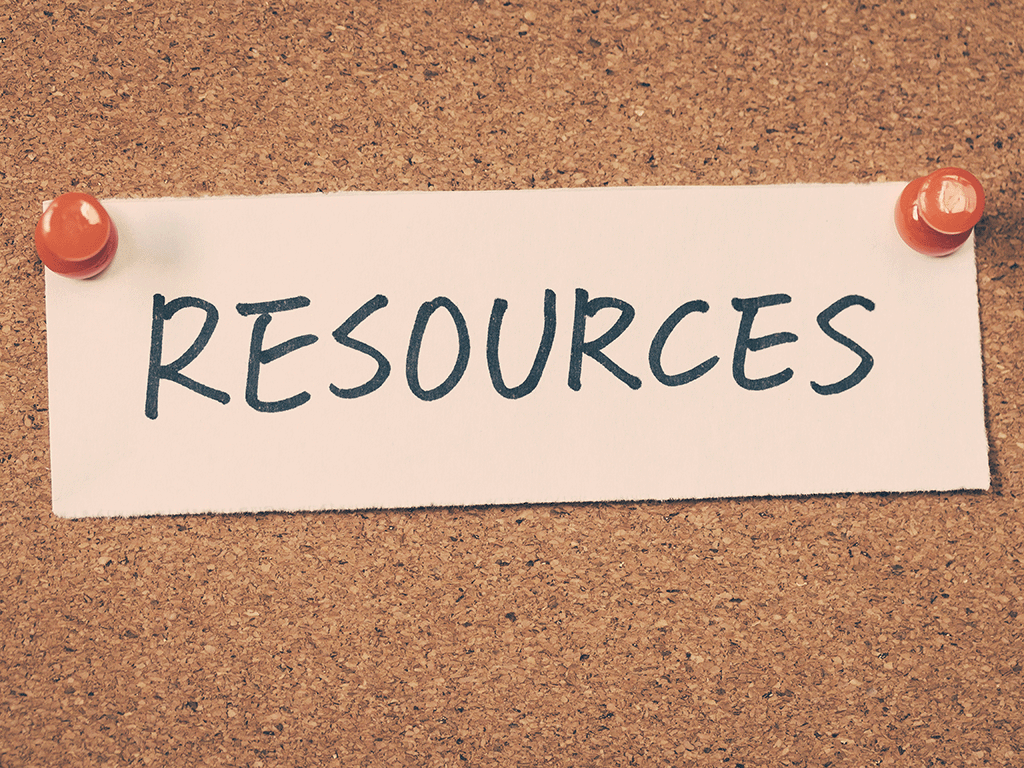
ENERGY EDUCATION
As a homeowner making energy-conscious changes to your home can help lower your utility bills while also contributing to a more sustainable future. On this page, you'll find practical tips and resources to assist you in upgrading your home's energy efficiency.
- Consumer Rights When You Rent An Apartment (Chapter 14)
- Consumer Rights When You Live In A Mobile Home (Chapter 15)
- Consumer Rights When Constructing Or Repairing Your Home (Chapter 17)
- Consumer Home Heating Rights (Chapter 19)
- Consumer Rights When You Buy A Home (Chapter 20)
Before winter knocks at our doorsteps there are several preparations you can make to ensure your home is warm and safe against the cold. Here are some things you can do:
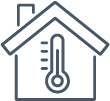
Test Your Heating System
Turn your heater on to make sure your system is functioning properly. The best time to do this is in August or early September when the heating companies are not busy with emergency “no heat” customers. If your heating system isn’t functioning properly and you do not have the funds to pay for repairs, reach out to your local community action agency and inquire if they have any funding available to assist.

Clean Boilers and Furnaces
The summer and fall are a good time to have your heating system cleaned and serviced by qualified personnel. A clean system is safer, runs more efficiently, and will help it last longer.

Heating Vents and Floor Registers
Make sure that vents and floor registers are sealed where they meet the wall or the floor. Make sure all vents and floor registers are not obstructed by rugs or furniture that could block the airflow.

Weatherstripping
Keep out the cold drafts by using weather stripping around doors and windows.

Door Sweep
Installing door sweeps on the bottom of the door between heated and unheated areas such as garages, bulkheads, and basement doors will help keep the cold out.
Heat pumps are an efficient way to save on energy bills. These units are electrically powered, there is no risk of combustion from gas leaks. Added advantages of a heat pump is an improved air quality, when in use the heat pump filters indoor air and dehumidifies in the summer. The following are some tips to maximize your heat pump:
Start by setting the fan speed to “auto.” If that doesn’t spread the heated or cooled air far enough, switch to a fixed speed that works best for you.
To ensure peak performance, follow the manufacturers’ recommendation for professional cleaning in addition to regular dust filter cleaning.
Reducing energy use in your home saves you money and helps the environment. There are many ways to save energy in your home. Here are a few tips:
Heating & Cooling Systems
- Heating Zones – If your home has zone heating, be sure to heat only the smallest zone possible. Consider turning down thermostats and closing registers in vacant zones, taking precautions to avoid frozen pipes.
- Turn Down Manual Thermostats – If you do not have a heat pump, consider turning down your heating systems thermostat to 55 degrees when you are not at home. For optimal sleeping conditions set your thermostat to 60 degrees when you go to bed.
- Clean Boilers & Furnaces – For optimum efficiency, have your boiler or furnace cleaned and serviced annually by qualified personnel. Your system will make your heating system safer and much more efficient and make the unit last longer.
- Radiators – If your home has radiators, place heat-resistant reflectors between the radiator and walls to heat the room instead of the wall.
Easy Home Adjustments
- Fireplaces – Use the fireplace damper correctly. Properly close the flue damper of your fireplace when you are not using it. This will prevent warm indoor air from escaping in winter. Make sure the fire is totally out before closing the down the damper of your fireplace and also confirm there are no glowing embers to reduce the risk of your home filling with carbon monoxide and other pollutants.
- Window Treatments – During the day, let the sunlight in by opening the curtains, blinds and shades on windows facing the sun to reduce heating demands. At night, be sure to keep drapes and curtains closed to reduce heat loss.
- Light Bulbs – Change your light bulbs to energy efficient LEDs. LED light bulbs use 75% less energy and lasts 25% times longer than incandescent bulbs.
Water Energy Savers
- Water Temperature – Generally, lower water temperatures save energy, and higher temperatures allow a common default setting is 120 degrees Fahrenheit. allow the unit to handle more hot water use. High temperatures also increase the risk of scalding, so
- Repair or Replace Leaky Faucets – Did you know a leaky faucet can waste hundreds of gallons of moisture build up leading to mold growth. Consider repairing or replacing leaky faucets.that was used to heat it. Leaky faucets may also cause damage to walls and floors that could result in water each year? If your faucets are leaking, you are not only wasting water, you are wasting the energy
- Compare Your Home’s Overall Energy EfficiencyVisit Efficiency Maine's calculator than the average Maine home. To compare your home’s overall energy efficiency to find out if it is more or less efficient
- Compare Your Home’s Heating Costs
Visit Efficiency Maine's calculator to estimate what your annual heating costs would be using different heating systems.
©2022 MaineHousing. All Rights Reserved.
MaineHousing does not support or endorse external links. EQUAL HOUSING OPPORTUNITY
EQUAL HOUSING OPPORTUNITY
